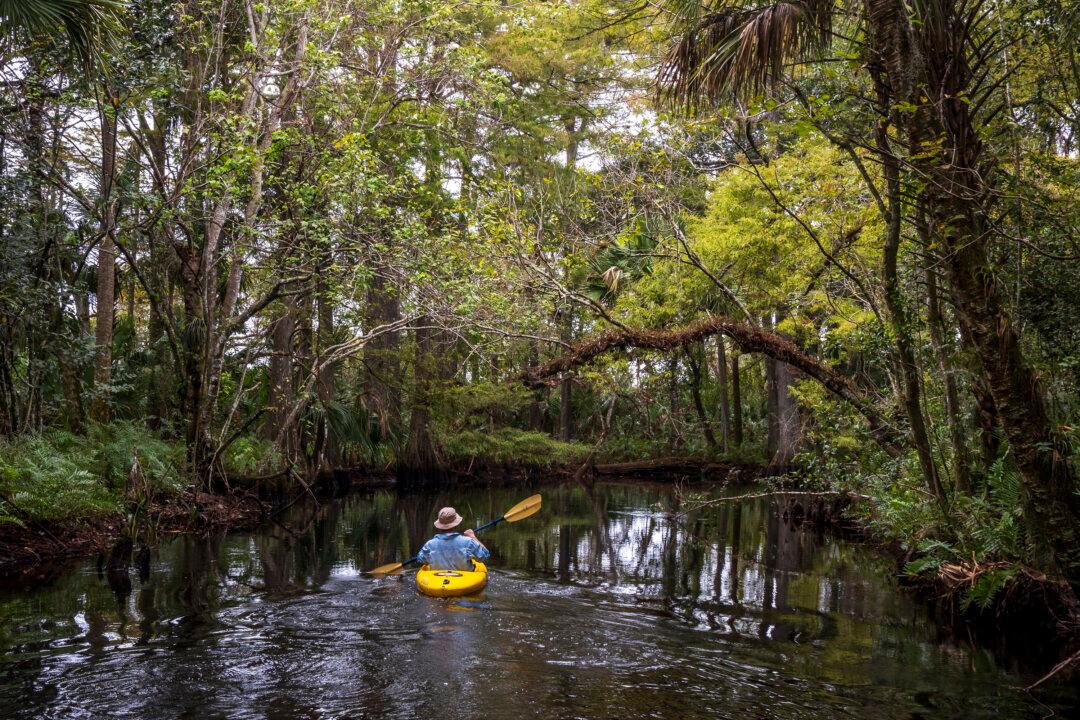By Patrick Connolly
From Orlando Sentinel
ORLANDO—In a state as developed as Florida, finding wild areas unmarred by human hands is becoming seemingly impossible—but it’s possible if one knows where to look.

ORLANDO—In a state as developed as Florida, finding wild areas unmarred by human hands is becoming seemingly impossible—but it’s possible if one knows where to look.